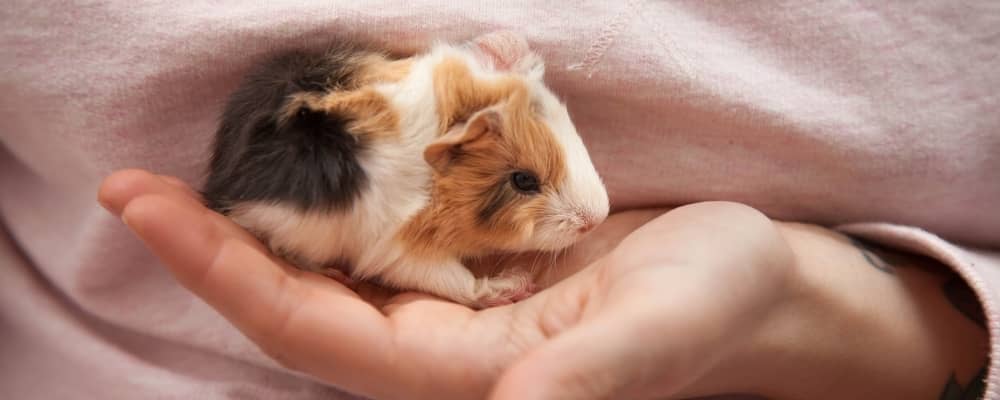
Guinea Pig Baby Care: A Comprehensive Guide for New Guinea Pig Parents
Guinea pigs, also known as cavies, are delightful and social creatures that make wonderful pets. They are relatively low-maintenance animals, but they do require proper care and attention, especially when they are babies. This comprehensive guide will provide you with all the information you need to know about guinea pig baby care, from birth to weaning.
Birth
Guinea pigs typically give birth to two to four babies, called pups, after a gestation period of around 60 to 70 days. The birth process usually takes place at night or early in the morning. The mother guinea pig will build a nest out of hay or other soft materials, and she will usually give birth in the nest.
The pups are born fully furred and with their eyes open. They are able to walk and run within a few hours of birth. The mother guinea pig will nurse her pups for the first few weeks of life.
Nursing
Guinea pig pups nurse frequently, every two to three hours. The mother guinea pig will produce a rich milk that is high in fat and protein. The pups will nurse for about three to four weeks, until they are weaned.
Weaning
Guinea pig pups are typically weaned around three to four weeks of age. At this time, they will begin to eat solid food. You can start by offering them hay, pellets, and fresh vegetables. The pups will gradually learn to eat on their own, and they will eventually stop nursing.
Housing
Guinea pig pups need a warm and draft-free place to live. The ideal temperature for guinea pigs is between 65 and 75 degrees Fahrenheit. You can provide a warm environment for your pups by using a heating pad or a heat lamp.
The pups will also need a place to hide and sleep. You can provide them with a small box or a tunnel. The box or tunnel should be lined with soft materials, such as hay or fleece.
Bedding
Guinea pig pups need a clean and comfortable place to sleep. You can use hay, fleece, or shredded paper as bedding. The bedding should be changed regularly to keep it clean and dry.
Food
Guinea pig pups need a diet that is high in hay, pellets, and fresh vegetables. Hay is the most important part of a guinea pig’s diet. It provides them with the fiber they need to stay healthy. Pellets are a good source of protein and vitamins. Fresh vegetables provide guinea pigs with essential vitamins and minerals.
Water
Guinea pig pups need access to fresh water at all times. You can provide them with water in a water bottle or a bowl. The water should be changed daily.
Health
Guinea pig pups are susceptible to a variety of health problems, including respiratory infections, diarrhea, and skin infections. It is important to take your pups to the vet for regular checkups. The vet can help you prevent and treat any health problems that your pups may develop.
Socialization
Guinea pig pups are social creatures. They need to interact with other guinea pigs in order to stay healthy and happy. You can socialize your pups by introducing them to other guinea pigs at a young age.
Handling
Guinea pig pups are delicate creatures. It is important to handle them gently. When you pick up a pup, support its body with one hand and its head with the other. Never pick up a pup by its tail.
Conclusion
Guinea pig baby care is not difficult, but it does require some time and effort. By following the tips in this guide, you can help your guinea pig pups grow into healthy and happy adults.
